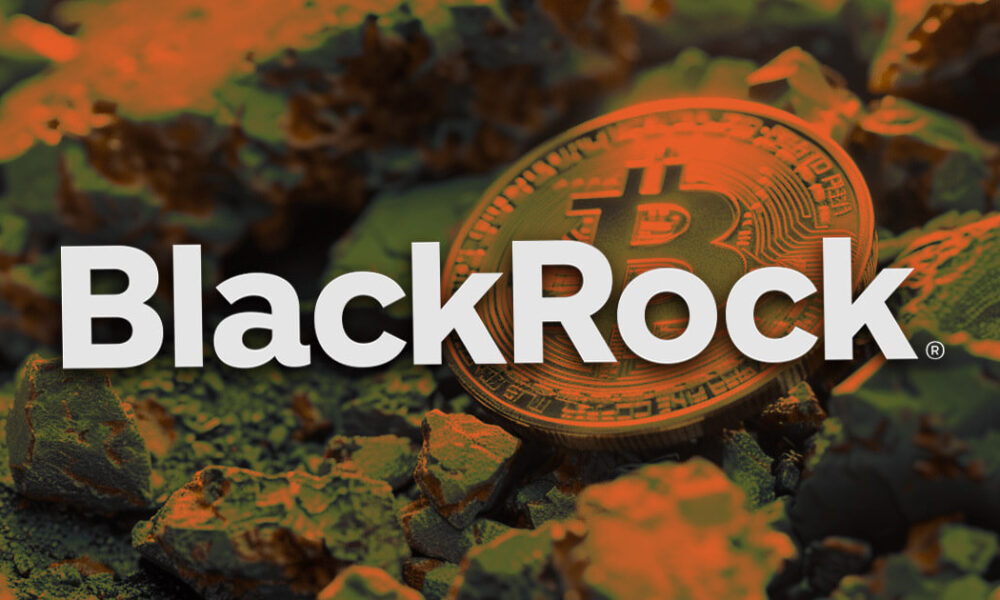News
BlackRock adds $4.1 million of its IBIT spot Bitcoin ETF to two funds

Asset management giant Black rock added $4.1 million in its place Bitcoin ETF shares in two of its funds, according to SEC filings dated May 28.
The asset manager added $3.6 million of its iShares Bitcoin Trust (IBIT) shares of its BlackRock Strategic Income Opportunities Portfolio (BSIIX).
It also added $486,000 worth of IBIT shares to its BlackRock Strategic Global Bond Fund (MAWIX).
Each purchase covers additions in the first quarter of 2024. BlackRock previously disclosed plans to add IBIT to its other funds in its SEC filings 8th of March.
The company also reported owning $6.6 million in IBIT shares in a 13F filing May 10th.
Hundreds of other investors
BlackRock’s various investments in IBIT position it alongside numerous third parties that purchased shares of the Bitcoin spot ETF in the first quarter.
According to Fintel data from May 28, at least 422 companies have disclosed IBIT holdings.
Bloomberg ETF Analyst Eric Balchunas hundreds of investors recently commented on Bitcoin spot ETFs, noticing that “even having 20 holders” is significant for newborn ETFs.
IBIT is the most popular spot ETF, accounting for about half of the 929 companies that disclosed their investments in the first quarter.
Millennium Management and Schonfeld Strategic Advisors have the larger positions in IBIT, equal to $844.2 million and $248.0 million, respectively.
Several Global Systematic Banks (G-SIBs), including JP Morgan ChaseBank of America, BNY Mellon, BNP ParibasUBS and Royal Bank of Canada have also invested in IBIT.
IBIT ranks among the top
The latest investments come as IBIT continues to lead in terms of outflows. IBIT reached $16.4 billion in net flows as of May 24, nearly doubling Fidelity’s second-highest net flow FBTC to date.
IBIT reported $17.2 billion in assets under management (AUM) as of May 28, accounting for 31% of the combined AUM of all spot Bitcoin ETFs.
Greyscale GBTCwith $20 billion in AUM, it surpasses IBIT and represents another 37% of the total, but has seen net outflows of $17.7 billion since its launch.
